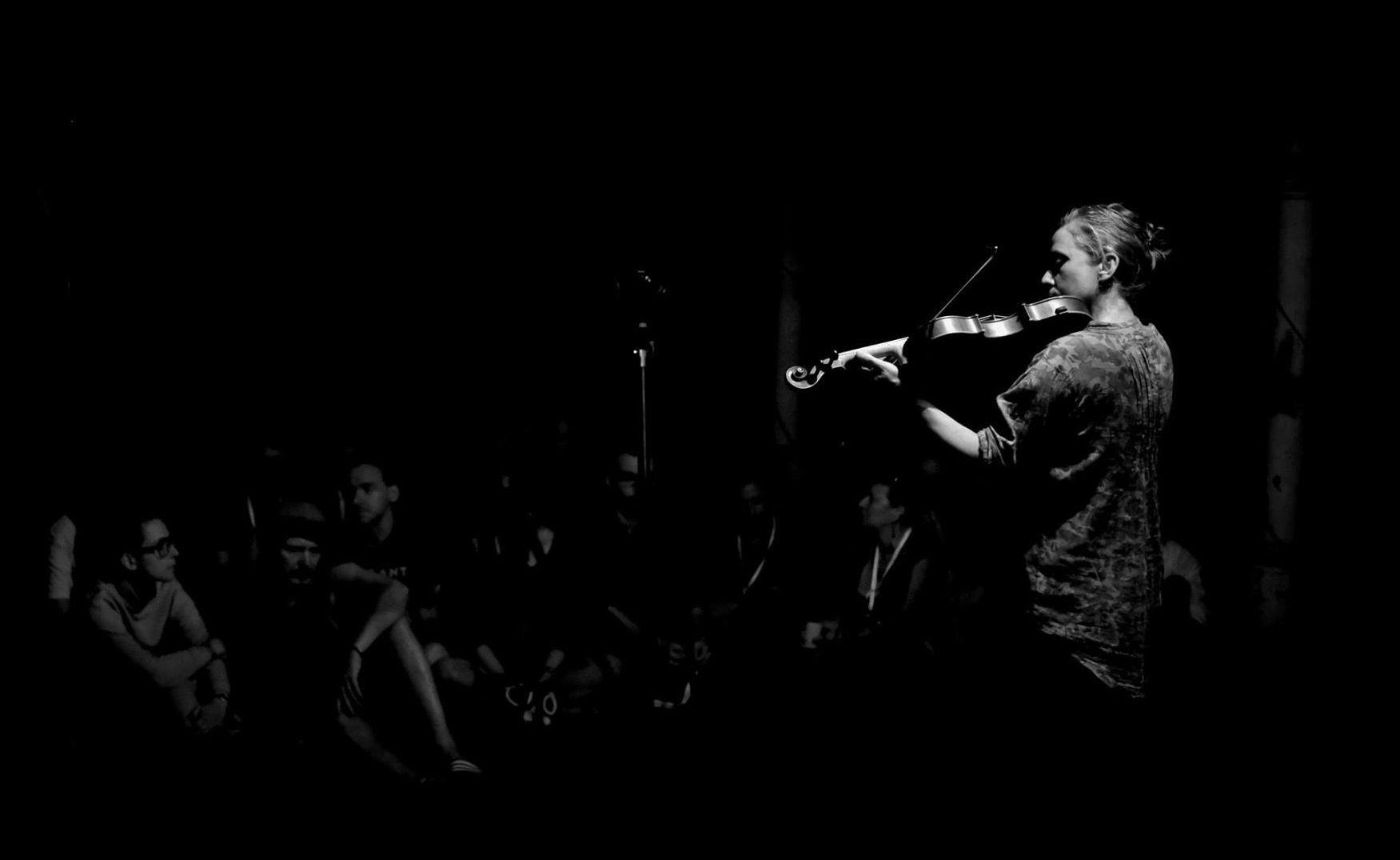For the fifth year in a row, enthusiasts of extended techniques, unlikely instruments, and timbral spelunking will gather here this month for Frequency Festival, the city's only annual festival exclusively centered on the genre most often called new music.
“New music” is something of an ambush of a term: It doesn’t merely refer to anything recently released, but its parameters are still far-flung, encompassing everything from experimental sound art to modern-day arrivals on the paths forged by Bach, Beethoven, Brahms, Schoenberg, and so forth.
Just as the local new music scene metamorphoses as composers launch outré new ideas, groups form and disband, and graduate students shuffle through university programs, the Frequency Festival has shape-shifted since 2016, too.
“There is more nonlocal stuff this year than ever before,” says Peter Margasak, who programs both the festival and weekly Frequency Series at Constellation. “I'm trying to bring in artists that people in Chicago don’t get to see that often.”
Case in point: Two events feature the work of New Zealand–born composer Annea Lockwood, whose last big Chicago appearance Margasak pegs to 1982, when John Cage invited her to participate in the traveling, now-defunct New Music America festival. Composing contemporaneously with Pete Townshend’s guitar-smashing heyday, Lockwood garnered fame for her series of pieces in which junkyard pianos are destroyed by forces of nature such as fire or subsidence into a pond. Here’s the complete score for her 1982 piece Southern Exposure:
Chain a ship’s anchor to the back leg of a grand piano.
Set the piano at the high tide mark, lid raised.
Leave it there until it vanishes.
No pianos will be destroyed at this festival, but one will get wedged with rocks, coins, screws, bubble wrap, and other spookifying materials for Lockwood's Ear-Walking Woman, which Nomi Epstein of Aperiodic will play on February 28 at Constellation. On the same concert, trumpeter Nate Wooley plays Becoming Air, a piece for one trumpet and several props written for and with Wooley in 2018.
Another well-worn channel in Lockwood’s career is the sounds of rivers. Her installation A Sound Map of the Danube (she’s done similar mappings of the Hudson and Housatonic) arranges field recordings from 59 locations along the river’s banks, along with 13 interviews with people alongside the river. Sound Map opens in an event at 2 p.m. on February 29 at Experimental Sound Studio and will remain open until March 29.
The other figure receiving two events’ worth of Frequency Festival attention is Éliane Radigue, a French composer who pioneered electronic and tape music in the early days of synthesizers. She began her career with meditative soundscapes disconnected from the mathy post-Schoenberg branch of new music. Decades later, she pulled a reverse Dylan and went acoustic, pivoting to music created through intense collaboration with instrumentalists.
“Since she started writing acoustic music, the artist-performers have to visit her to work with her,” Margasak says. “She doesn’t just write a piece and send it to you.”
Her very first acoustic piece, Naldjorlak I, receives its Chicago premiere on February 27 at the Art Institute, played by the cellist Charles Curtis, who bows on the tailpiece and endpin as well as the strings in performance. Two other Radigue works appear on the February 26 program at Bond Chapel at the University of Chicago, for the violist Julia Eckhardt and Wooley again on trumpet.
A concert really putting the “new” in new music closes the festival on March 1 at Constellation, where the Chicago Symphony Orchestra cellist and new-music mainstay Katinka Kleijn gives three world premieres, including one titled Residuum for Cello and 600 Feet of Mylar. Before that, tenor Julian Otis premieres a piece about Diamond Reynolds, whose boyfriend, Philando Castile, was shot and killed by police in Minnesota.
Despite Frequency Festival bringing together artists of international stature, the whole field occupies a small enough niche in the arts that the experience stays intimate. Anyone who wants to meet the principals can.
“That’s part of the goal of the series,” Margasak says. “You can meet and develop some kind of dialogue. I always want that kind of atmosphere.”
Of course, smallness has a downside, too. Margasak, who is now based in Berlin, will spend Morton Feldman–esque hours making the festival happen when he gets to Chicago.
“It’s not like we have some big staff. It’s me, pretty much,” he says. “I’m gonna be a limo driver, more or less.”
Details: February 24 to March 1. Various locations. Free to $20 per concert. frequencyfestival-chicago.com



